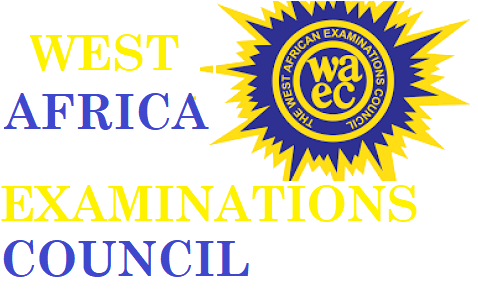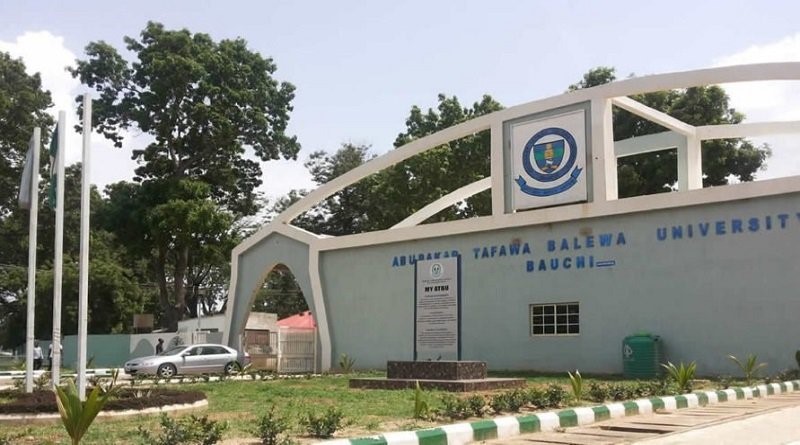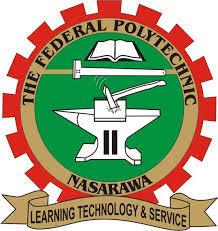WAEC Syllabus for Textiles. WAEC Syllabus for Textiles is available for all candidates who want to participate in the examination. The West African examination council (WAEC) has officially introduced a syllabus that will guide all the WAEC candidates who wish to write the WAEC examination this year. For a very successful WAEC Textiles examination for this year, you need to check out the available areas of concentration. It has been divided into sections with chapters, followed by the topics to be covered in preparation for the exams. In the WAEC Syllabus for Textiles, you will also see the format of how the WAEC Textiles questions will be presented. Jamb form
There are 3 sections to answer questions from. Paper 1 is Objective and paper 2 contains essay questions and paper 3 is the practical section. Where paper one (1) carries 50 minutes for 40 marks; paper two (2) carries 2 hours for 60 marks and paper 3 80 marks for 5 days practicals.

This WAEC syllabus is for both the O’level WAEC and General Certificate Examination (GCE) candidates. Final year students in the senior secondary school level and external candidates are eligible to make use of this syllabus and prepare ahead of the examination. WAEC Syllabus for Textiles
See the full detailed information concerning the WAEC Textiles Syllabus below.
PREAMBLE
Textile is a component of the Visual Art programme at the Senior High School. It comprises the rationale for studying the Subject, tools/equipment and materials, processes from fibre preparation to fabric construction, decoration, finishing and care. The programme aims at developing patriotism, cultural awareness, and skills acquisition for future employment. Waec Result
The aim of the syllabus is to help and guide examiners to identify suitable examinable domains in the textile field.
The candidates’ acquisition of sound knowledge to achieve desired goals are of primary importance to the individual and the community at large:
AIMS AND OBJECTIVES
The examination syllabus intends to give candidates diversified channels through which they will involve themselves in experiments, observations, analyzing and evaluating the result of their findings.
Candidates are therefore to respond to questions that seek to examine:
(i) the rationale for studying textiles
(ii) the development and careers in textiles Npower Recruitment
(iii) the development of positive attitudes and skills in producing indigenous and contemporary textiles
(iv) effective manipulative skills, using tools, materials and the computer technology and
safety measures to be taken.
(v) the level of creativity as envisaged in design work for fashion, printing, weaving and dying of fabrics
(vi) skills for sustainable development and competencies of exploring the indigenous textile industry
(vii) elements in entrepreneurial skills such as costing, pricing and marketing of textile products.
(viii) appreciation and patronage of indigenous and contemporary textile products
(ix) competencies in building portfolio and skills in mounting exhibitions in textiles.
SCHEME OF EXAMINATION
There will be three papers, Papers 1, 2 and 3, all of which must be taken. Papers 1 and 2
will be composite paper to be taken at one sitting. Dollar to Naira Rate
PAPER 1: Will consist of forty multiple-choice objective questions all of which must be
answered within 50 minutes for 40 marks.
PAPER 2: Will consist of six essay-type questions. Candidates will be required to answer
four within 2 hours for 60 marks.
PAPER 3: Will be two practical projects out of which candidates will execute one within
five days, working for six hours each of the days. The paper will carry
80 marks.
The questions will be sent to the candidates two weeks before the execution
period for candidates to study. Designing of sketches and preparatory notes
should also be done within the two weeks prior to the execution of the project.
These will carry 20 marks. The total mark for the paper is therefore 100.
- DETAILED SYLLABUS
Textiles, applied in this syllabus, covers general knowledge, identification and use of fibres, textile designing, production, sustainable developments, portfolio building and exhibition and entrepreneurial skills.
Candidates will be expected to respond comprehensively to questions drawn from all areas of textiles in objective, essay and practical forms.
The scope of the syllabus shall therefore cover the following areas:
(1) Introduction to Textiles
(i) Meaning/rationale for studying Textiles
(ii) Renowned Ghanaian Textile Artists
(iii) Developments of textiles and careers
(iv) Textiles and cultural values.
(v) Competencies, attitudes and behaviour of the students for employment and customers.
(2) Textile fibres and Yarns
(i) Identification and classification of fibres.
(ii) Properties and suitability
(iii) Fibre processing e.g. soaking, ginning, etc.
- iv) Yarn preparation: Traditional and contemporary
(v) Types of yarn
(vi) Blends and mixtures
(vii) Yarn terminologies
(3) Fabric construction processes
(i) Point paper designing: Plain, twill, satin/sateen and variations.
(ii) Looms and accessories: types of loom (man power , traditional, broad loom and
power looms :eg. shuttleand shuttle less loom and accessories). Jamb Result
(iii) Textile calculations: weight/cost of warp, weft and fabric.
(iv) Weaving: Processes (traditional and broad loom) i.e. warping, beaming, heddling, reeding, tying up, bobbin winding, etc. Loom
motions (Primary, secondary and Auxiliary motion).
(v) Other fabric construction processes i.e: knitting, crocheting and tapestry.
(vi) Non – woven fabric
(4) Fabric decoration and finishing techniques
(i) Preparation, care and maintenance of tools, materials and equipments.
(ii) Basic drawings i.e. using elements and principles of design.
(iii) Idea development/preliminary designing/ICT.
(iv) Usage of indigenous colour schemes, ideas, symbols and cultural motifs for designing.
(v) Decorative techniques: dyeing, printing, appliqué and embroidery processes equipment.
(vi) Types of finishing techniques: mechanical, chemical. Pounds to Naira
(vii) Care and maintenance of fabrics
(5) Sustainable development
(i) Challenges and interventions in managing resources, marketing and distribution.
(ii) Cultural values (traditional/contemporary values)
(iii) Healthy studio practices.
(6) Portfolio and Exhibition
(i) Types of portfolios: hard and soft copy portfolios.
(ii) Collection and building of portfolio.
(iii) Meaning, types, purpose and processes of mounting exhibitions.
(iv) Appreciating and patronizing indigenous textiles.
(7) Entrepreneurial skills in practice
(i) Preparation of business plan
(ii) Planning of an enterprise
(iii) Key points of a business plan
(iv) Costing, pricing and marketing of textile products.
Check and Confirm: How much is Dollar to Naira Pounds to Naira Rate Today



![UNILAG HRDC Application form 2024/2025 [Advanced Diploma, Diploma & Professional Certificate courses] UNILAG HRDC Application form 2024/2025 [Advanced Diploma, Diploma & Professional Certificate courses]](https://infoguidenigeria.com/wp-content/uploads/2021/08/UNILAGOS.jpg)